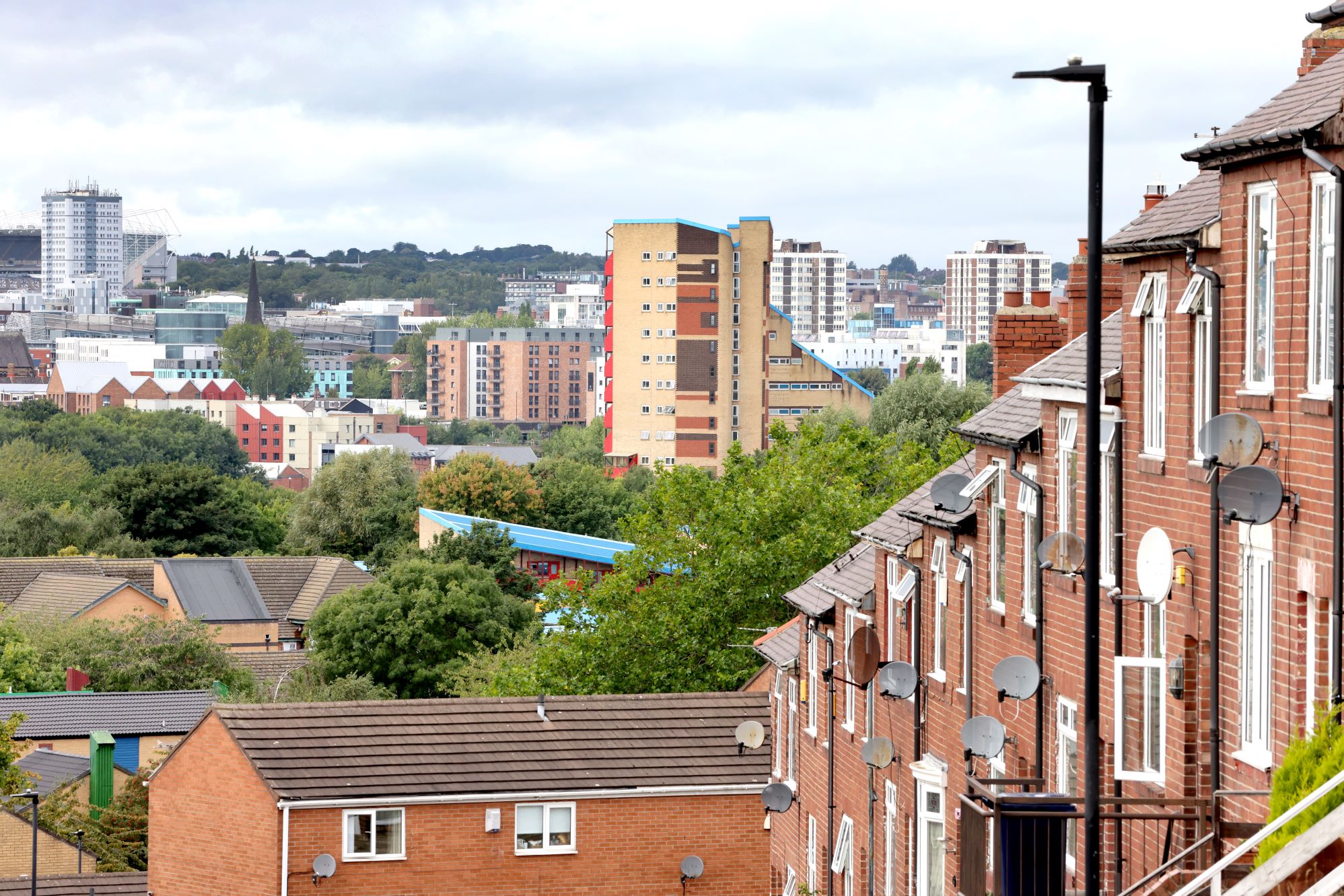
Fix it
Some areas are well connected, with vibrant local economies and strong community services. They help make day-to-day life fulfilling and affordable.
But elsewhere, opportunities are out of reach. Structural decline, poor transport, insecure work, and the unintended consequences of tax and benefit policy trap people in cycles of poverty where life is hard, stressful and more expensive. Prices have spiralled as the cost of living crisis bites. Poor quality homes leak valuable warmth and the best deals for energy and essentials aren’t available to those who need them most. Where these challenges are most difficult, and quality of life measures fall furthest behind more fortunate areas, places are commonly described as being left behind.
The problem of left behind places has long been recognised, but the well-intentioned policies designed to address the causes have sadly fallen short. Every Government in recent decades has made efforts to increase productivity and attract overseas investment to support jobs.
But the UK2070 Commission was still forced to conclude that the UK remains ‘one of the most spatially unequal economies of the developed world’. Unable to address the problem of inequality at its roots, policy is left tackling the symptoms instead, with short term relief packages to help those in need.
Alleviating poverty and supporting people in crisis is vital. But ultimately, it’s a sticking plaster that needs to be replaced time and again. Karbon’s mission is to provide people with strong foundations for life. That means creating robust, sustainable places where people can break out of these damaging cycles for good.
We’re in the business of housing. We build and manage as many good quality homes as we can and strive to be a brilliant landlord. But while a good home is foundation enough for many of our customers, it’s just one part of the picture in some areas. In these places, building strong foundations may mean looking beyond bricks and mortar, and beyond the wraparound services we provide to our customers. In places facing the hardest challenges, and where we are best placed to make a difference, it means getting deeply involved in the way that places work, so we can make them work better for people and leave a positive impact on communities. There’s clearly a moral imperative to do so. Tackling structural disadvantage gives people a fair go, and our long history with communities across the north means we’re emotionally invested in their success. But there’s also a clear business case for Karbon’s deep involvement with particular places. Helping people maintain their tenancies and improve the areas where high concentrations of our homes are built supports our own financial resilience.
This principled and pragmatic desire to create sustainable places is married up with our capacity to bring about change. Wherever we manage homes, we are able to have a positive impact, with affordable, well insulated, high quality homes that improve the quality and affordability of life. But in some of the places where we operate we are able to do more. In these places, Karbon is an anchor institution – managing a large proportion of homes and supporting and developing close relationships with many households. This means we understand how places work. We see how changes in local infrastructure or decisions by local employers are felt by local people. And by working with those people, we can identify the big, strategic interventions that will make a real, positive difference. We can’t make that difference everywhere. But where we have a large concentration of homes and there is significant and recognised need, we can undertake far-reaching, place-based interventions to help turn places around.

This powerful framework helps us to understand the experience of living somewhere on a relatively low income. It digs far below the headline numbers on wages and GDP that are widely used to discuss economic development. Instead, it focuses attention on the availability and accessibility of essential goods and services that people need for everyday life - like utilities, food, health, education, and housing - and the accessibility of social infrastructure - like sports grounds, libraries and community halls. Interventions that improve the foundational economy create a thriving, virtuous circle of gains.
This means moving away from top line changes to income or GDP and looking instead for increases in the residual income households have to spend after tax, benefits, housing and transport are accounted for. This approach is essential if we’re to get away from well-meaning but limited solutions based solely on creating jobs and instead find solutions that really change lives.
Yes, there are things that can be done from Westminster to level up the playing field. But the hard yards will be made on the ground; by employers, developers, local government, and investors working closely with communities on focused, place-specific, high impact programmes of change. This document is a blueprint to help us work differently in left behind places. It summarises the evidence that supports our approach and describes the steps we’re taking. But more importantly, it’s a request for help, support and partnership. We’re asking others to join us on the journey. For our partners across the north to join focused coalitions in left behind places. For other anchor institutions to fully consider their impact in their local area. And for organisations across the country to give us the benefit of their ideas and experience. We’re not looking for more funding, though of course we wouldn’t turn it down. We want to join a concerted effort to focus what resources we have on those left behind places where we can make the most difference. We want to help kickstart a virtuous circle of change. People in left behind places deserve fair foundations for life. Let’s build a movement to make that possible.
